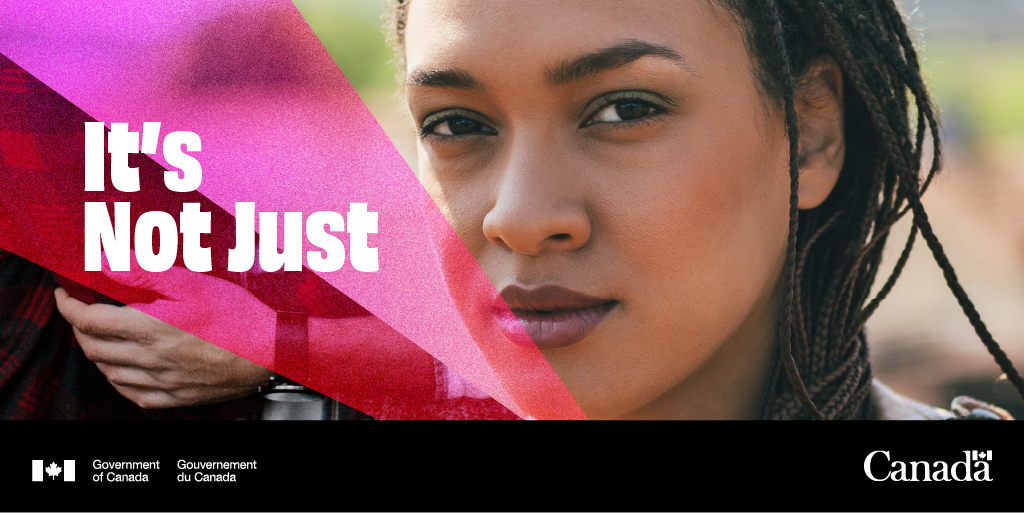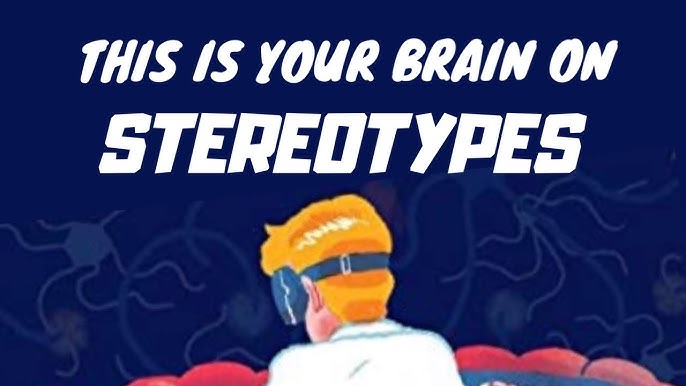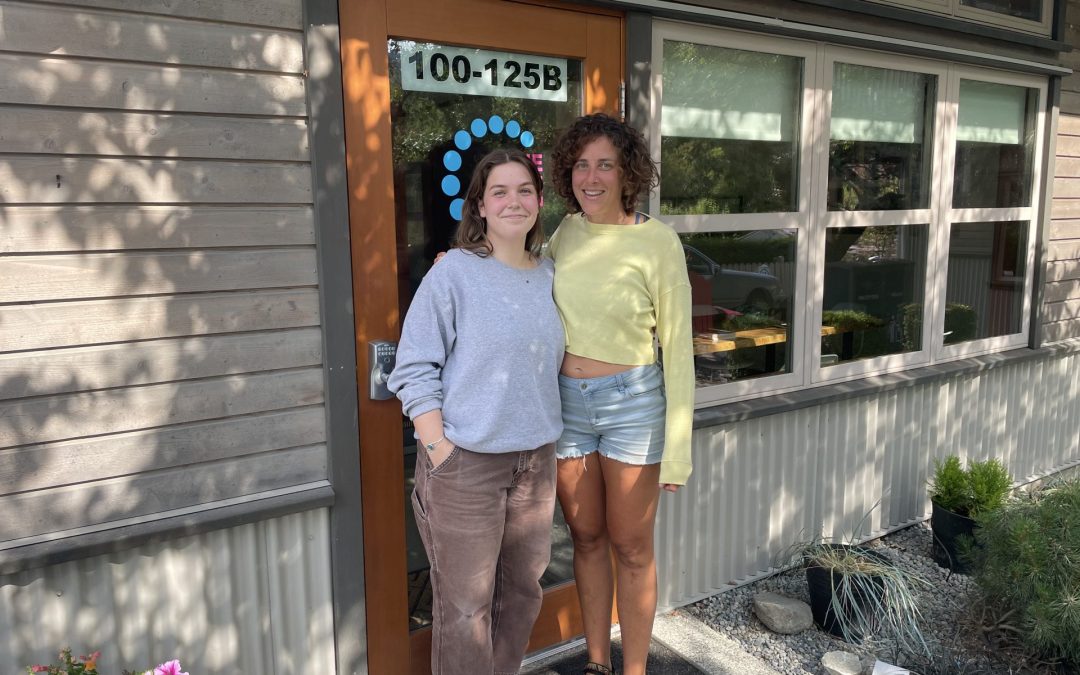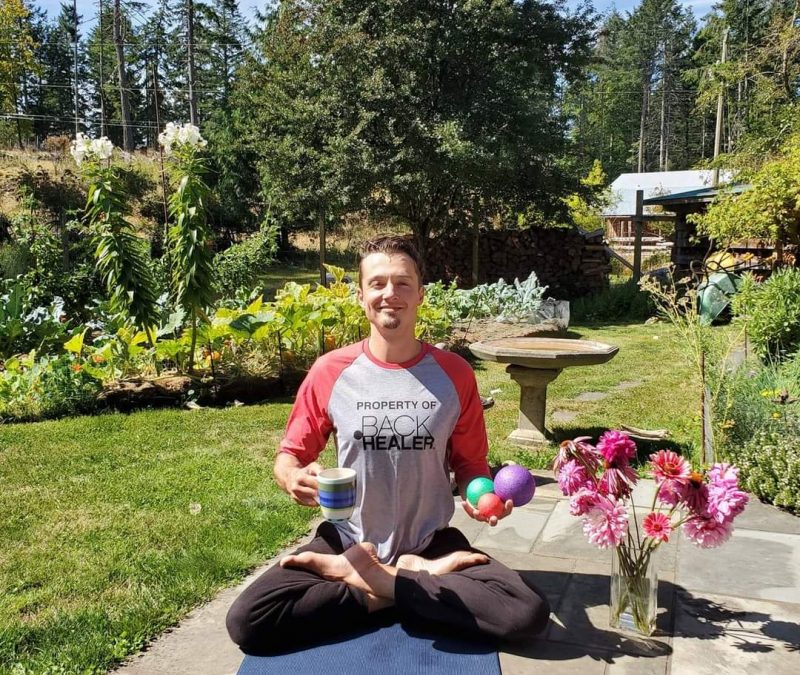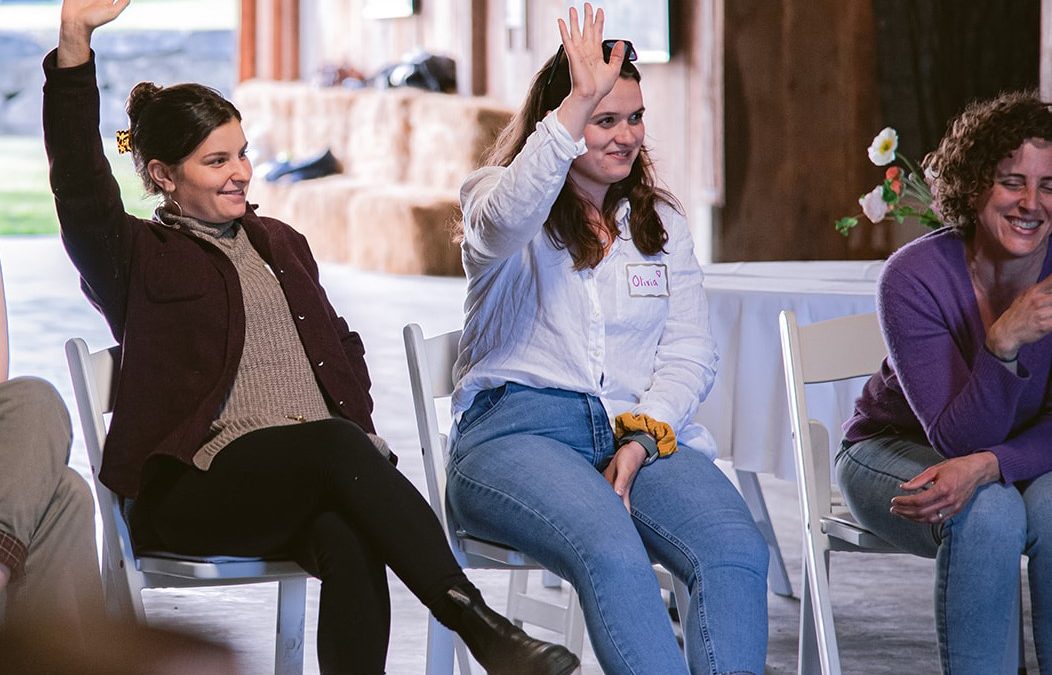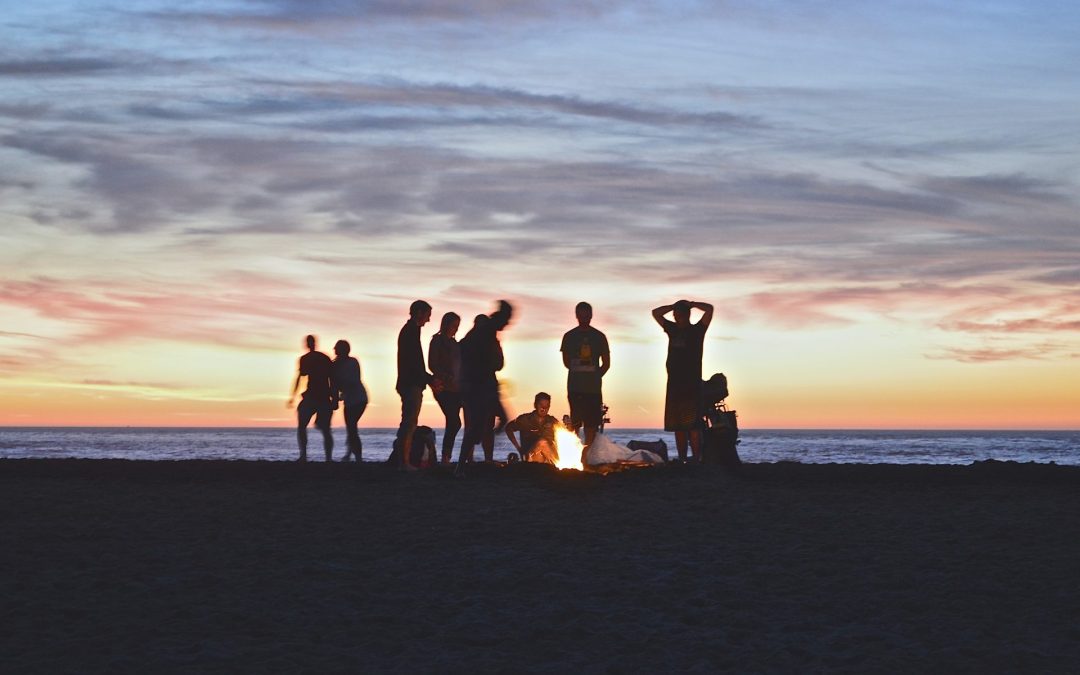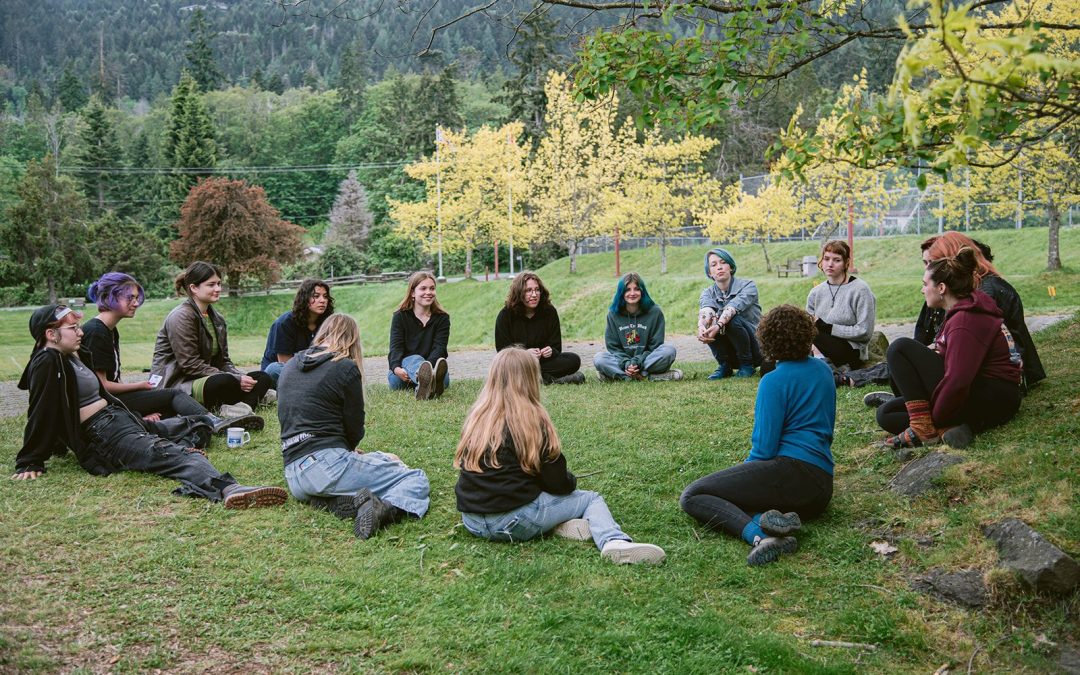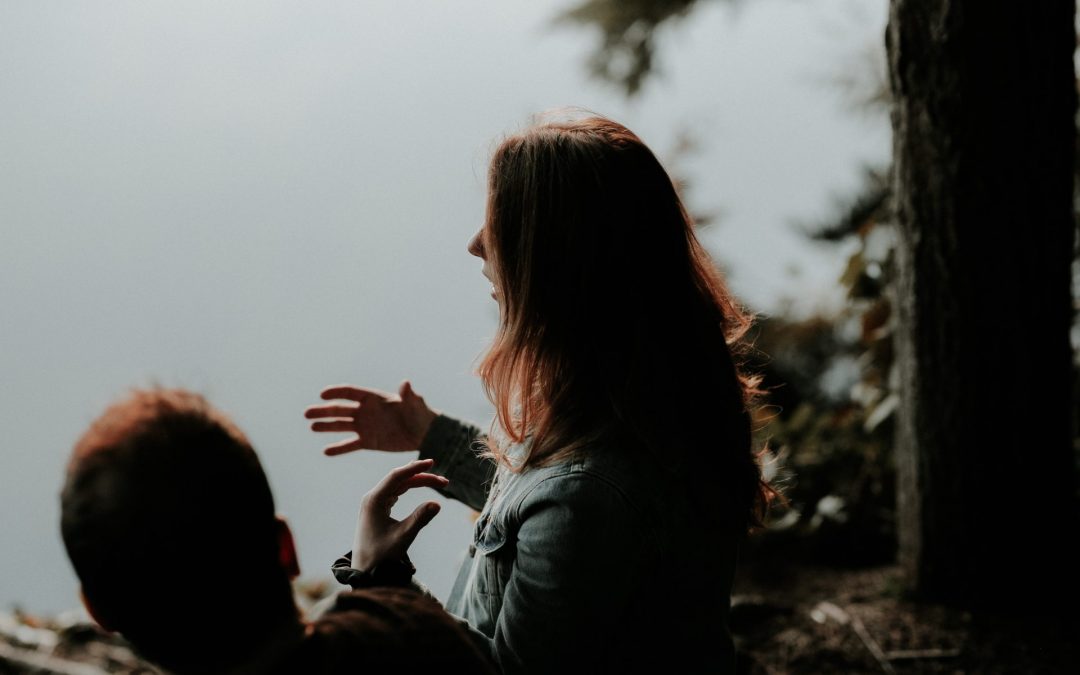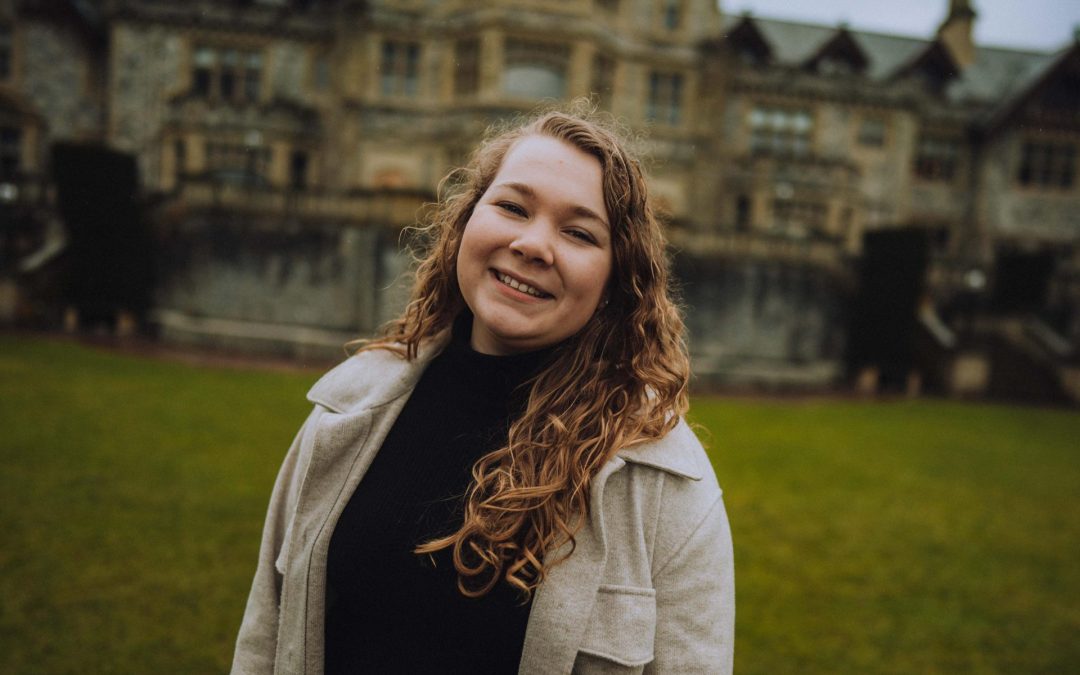For the second year, The Circle Education – as a funded partner with the Federal government – will launch the ‘It’s Not Just’ campaign. This youth awareness campaign shows that gender-based violence is ‘not just physical’.
What is gender-based violence?
Every day, people across the country face violence because of their gender, gender expression, gender identity or perceived gender. This is called gender-based violence (GBV), but what it is or looks like may be more than what you think or have heard.
When we think about GBV, we may think it is someone physically hurting their romantic partner, which it is. But GBV can also include words, actions or attempts to hurt you or someone physically, emotionally or sexually, no matter the relationship with you, in person or online. While there are many types of GBV, they commonly fall into four categories:
Emotional violence
Words or actions to control or scare someone, or to lower their self-respect and self-esteem, including:
threats, insults, humiliation and intimidation
controlling, constantly checking in or stalking
deadnaming, “outing” someone or denying someone’s gender identity
isolating someone from friends or family
Physical violence
Any use or threat to use physical force against a romantic partner or family member, some examples include:
shoving, hitting, kicking, or punching
restraining someone or locking them in
throwing breaking, or hitting objects
strangulation
Financial violence
When a person uses money or property to control or exploit someone else, like:
stealing PINs to bank accounts
pressuring or blackmailing someone to give money or buy gifts
preventing someone from going to school by not allowing them to pay tuition or work
controlling someone’s purchases
Sexual violence
Acts of sexual violence can be committed by anyone in any setting, even within a relationship. These can include:
forced sexual touching or acts, including to someone else
attempting or threatening to obtain sex without consent
using pressure or threats to get someone to engage in sexual activity
unwanted sexual comments or advances
sharing private sexual images without consent
removing condoms without consent
Who is affected by gender-based violence?
Women, girls, transgender, and gender diverse people are most affected by GBV. Within these groups, some who are at higher risk of experiencing GBV include:
Indigenous women, girls and 2SLGBTQQIA+ people
Black women
newcomer women to Canada
lesbian, gay, bisexual and people of other sexual orientations than heterosexual
women living in Northern, rural, or remote communities
women with disabilities
How does gender-based violence affect me?
Whether you’ve directly experienced GBV or not, it has likely had an impact on your life. GBV can reduce people’s quality of life, change the way we interact with each other, make studying and attending school difficult, increase the risks of illnesses, and create cycles of violence and abuse in families, schools and communities. Gender-based violence holds everyone back.
What can I do to get help?
If you or someone you know is experiencing gender-based violence, talk to a safe adult. Because gender-based violence is never “just one time” or “just words”. It’s never “just” anything — it’s violence.
Gender-based violence is never just.
Get support: KidsHelpPhone.ca / HopeForWellness.ca
Learn more: Canada.ca/ItsNotJust

